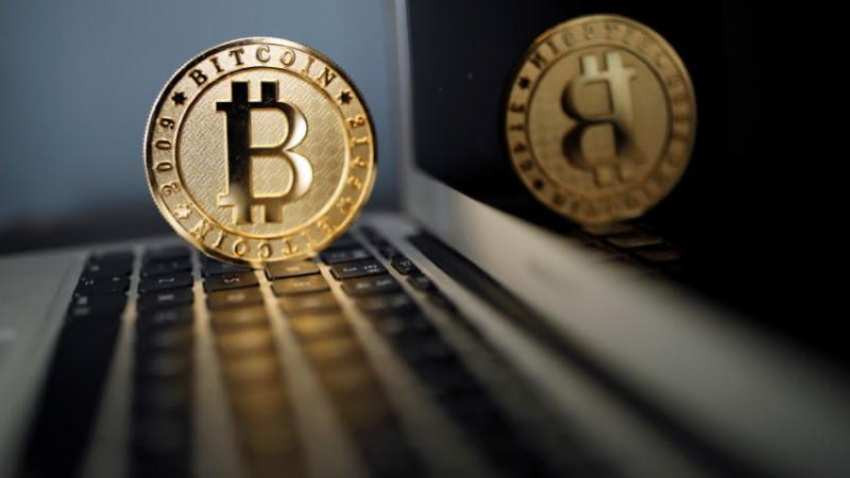
Bitcoin close to $70,000, "memecoins" worth billions of dollars, a blockbuster Wall Street listing and a sweeping Chinese crackdown, 2021 was the wildest yet for cryptocurrencies, even by the sector's volatile standards.
Digital assets started the year with a stampede of cash from investors large and small. And bitcoin and its kin were rarely out of the spotlight since, with the language of crypto becoming firmly entrenched in the investor lexicon.
Here is a look at some of the major trends that dominated cryptocurrencies this year.
Bitcoin: Still number 1
The original cryptocurrency held its crown as the biggest and most well-known token - though not without a host of challengers biting at its heels.
Bitcoin soared over 120% from January 1 to a then-record of almost $65,000 in mid-April. Fuelling it was a tsunami of cash from institutional investors, growing acceptance by major corporations such as Tesla and Mastercard and an increasing embrace by Wall Street banks.
Spurring investor interest was Bitcoin's purported inflation-proof qualities - it has a capped supply - as record-breaking stimulus packages fuelled rising prices. The promise of quick gains amid record-low interest rates, and easier access through fast-developing infrastructure, also helped attract buyers.
Emblematic of bitcoin's mainstream embrace was major US exchange Coinbase's $86 billion listing in April, the biggest yet of a cryptocurrency company.
"It has graduated into the sphere where it is traded by the sort of people that are taking bets on treasuries and equities," said Richard Galvin of crypto fund Digital Capital Asset Management.
Yet the token stayed volatile. It slumped 35% in May before soaring to a new all-time high of $69,000 in November, as inflation spiralled across Europe and the United States.
Prominent sceptics remain, with JPMorgan boss Jamie Dimon calling it "worthless".
Rise of the memecoins
Even as bitcoin remained the go-to for investors dipping their toes into crypto, a panoply of new - some would say joke - tokens entered the sector.
"Memecoins" - a loose collection of coins ranging from dogecoin and shiba inu to squid game that have their roots in web culture - often have little practical use.
Dogecoin, launched in 2013 as a bitcoin spinoff, soared over 12,000% to an all-time high in May before slumping almost 80% by mid-December. Shiba inu, which references the same breed of Japanese canine as dogecoin, briefly muscled its way into the 10 largest digital currencies.
The memecoin phenomenon was linked to the "Wall Street Bets" movement, where retail traders coordinated online to pile into stocks such as GameStop Corp, squeezing hedge funds' short positions.
Many of the traders - often stuck at home with spare cash during coronavirus lockdowns - turned to crypto, even as regulators voiced warnings about volatility.
"It is all about the mobilisation of finance," said Joseph Edwards, Head of Research at crypto broker Enigma Securities.
"While assets like dogecoin and shiba inu may in themselves be purely speculative, the money coming into them is coming from an instinct of 'why should I not earn on my money, savings?'"
The (large) elephant in the room
As money poured into crypto, regulators fretted over what they saw as its potential to enable money laundering and threaten global financial stability.
Long sceptical of crypto - a rebel technology invented to undermine traditional finance - watchdogs called for more powers over the sector, with some warning consumers over volatility.
With new rules looming, crypto markets were skittish to the possible risk of a clampdown.
When Beijing placed curbs on crypto in May, bitcoin tanked almost 50%, dragging the wider market down with it.
"Regulatory risk is everything because those are the rules of the road that people live by and die by in financial services," said Stephen Kelso, global head of markets at ITI Capital. "The regulators are making good progress, they're catching up."





























COMMENTS
Comments are moderated and generally will be posted if they are on-topic and not abusive.
For more information, please see our Comments FAQ